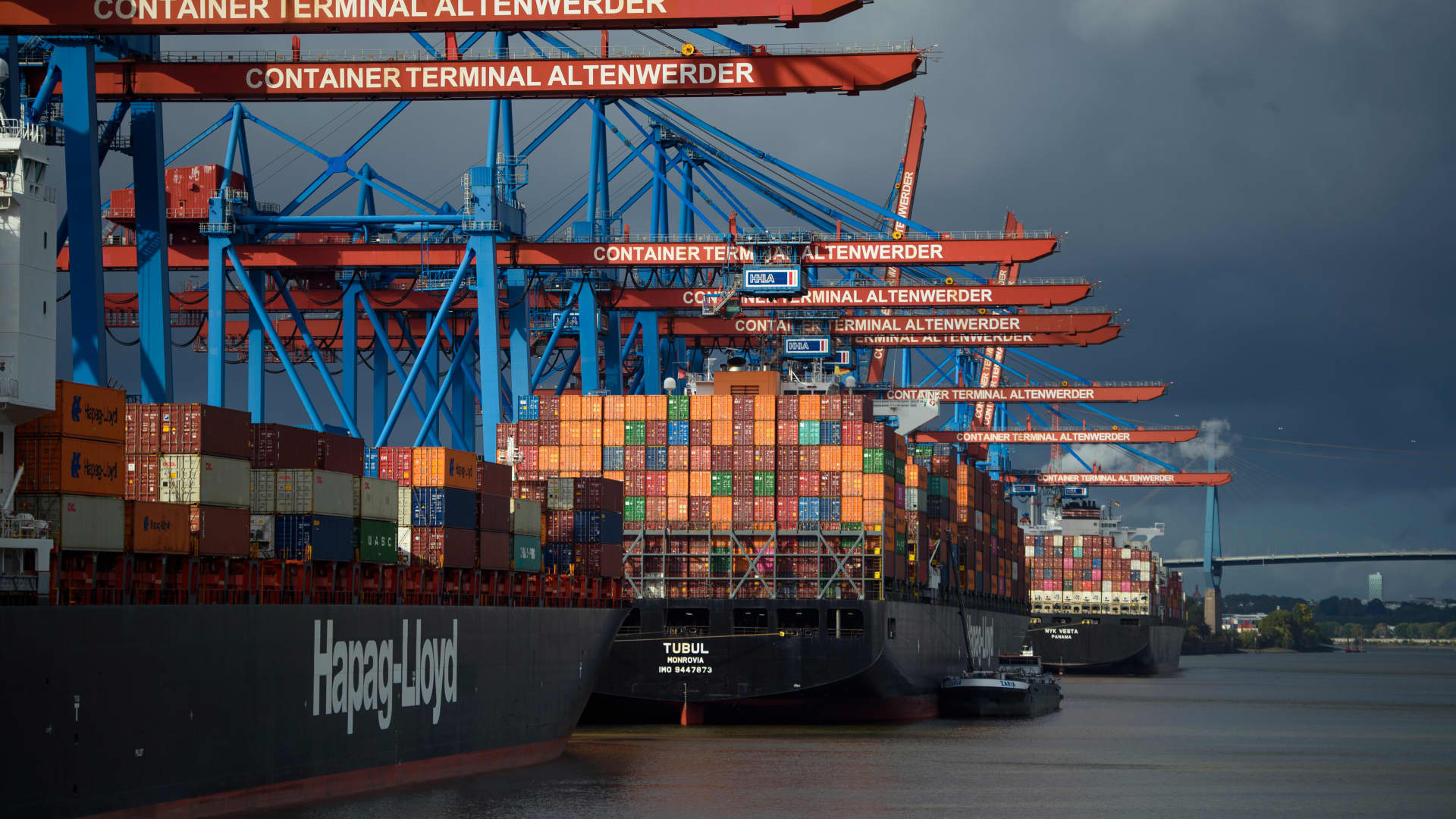Delegates from the International Maritime Organization (IMO) are currently convening in London for preliminary discussions on how to implement a new strategy to combat greenhouse gas emissions. The goal is to reduce pollution from ocean-going vessels and establish climate targets. The success of the upcoming summit will depend on the pace at which reductions are made. The IMO, responsible for preventing shipping pollution, is aiming to build consensus among its 175 member states before a crucial meeting in July. The organization is expected to update its current target of halving emissions by 2050 but concerns remain about embracing interim targets. Pressure is mounting for urgent action, with a call to halve emissions by the end of this decade and achieve zero emissions by 2040. Observers describe these talks as the climate negotiation of the summer and expect the IMO to reach a deal that aligns with science-based targets for 2030. However, the shipping sector has historically been hesitant to adopt ambitious climate measures. Ships account for approximately 3% of global carbon emissions, a significant amount comparable to major polluting countries. The shipping industry is regarded as one of the most challenging sectors to decarbonize due to the substantial use of fossil fuels. If stringent measures are not implemented, shipping emissions could increase by 50% by the middle of the century. The IMO Secretary-General has emphasized the need for increased ambition and intermediate targets to ensure a successful outcome. Meeting the 1.5 degrees Celsius temperature threshold outlined in the Paris Agreement requires a commitment to decarbonization targets of 36% by 2030 and 96% by 2040. However, it is not the expected scenario among IMO observers. Tipping points become more likely beyond the 1.5 degrees Celsius goal, which would have severe consequences for Earth’s ecosystems. Delegates who may resist tougher climate targets include Russia, Saudi Arabia, and the United Arab Emirates, as well as developing countries concerned about their export markets. The International Chamber of Shipping has cautioned against hastily agreeing to new targets, citing possible implications for the industry’s contribution to the climate crisis. The success of the talks depends on reaching agreements on immediate targets, with a revision of zero emissions by 2050 likely to be agreed upon. The political pressure leading up to the summit has been immense, and all eyes are on the interim targets that will be established. Failure at the technical talks could derail the negotiations next week.
Denial of responsibility! VigourTimes is an automatic aggregator of Global media. In each content, the hyperlink to the primary source is specified. All trademarks belong to their rightful owners, and all materials to their authors. For any complaint, please reach us at – [email protected]. We will take necessary action within 24 hours.


